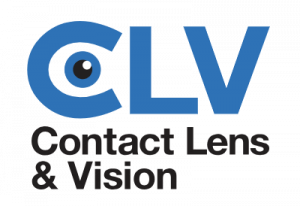 Myopia, commonly known as nearsightedness, makes it difficult to clearly see objects that are far away.
Myopia, commonly known as nearsightedness, makes it difficult to clearly see objects that are far away.
When myopia is severe, it’s called high myopia. Myopia occurs when the eye is more elongated than normal, or the shape of the cornea is too steep. Even though myopia may not seem serious, it’s been linked to several sight-threatening eye diseases later in life.
If your child has high myopia, contact The Myopia Management Center at Contact Lens and Vision in Woodbridge today. We can help stop or slow down myopia progression.
What is High Myopia?
High myopia is the most severe form of myopia. The condition is often inherited and progresses quickly during childhood and adolescence. Early intervention is key for slowing its progression and reducing complications.
Complications Caused By High Myopia
- Retinal detachment is one of the most concerning potential complications of high myopia. The very elongated eye puts a lot of pressure on the retina, increasing the chances of detachment. The retina receives and processes visual information, and detachment of the retina deprives it of vital oxygen and nutrients. Unless treated promptly, a detached retina can result in permanent vision loss.
- Glaucoma is another serious complication caused by high myopia. Glaucoma happens when the pressure inside the eye is too high, which damages the optic nerve and leads to vision loss. High myopia increases the risk of glaucoma because the elongated eye shape makes it more difficult for the eye to drain fluid, which increases eye pressure.
- Myopic maculopathy is a serious complication of high myopia that puts a great deal of stress on the retina, especially the macula. This results in blind spots and causes difficulty with tasks that need fine visual detail, like reading and driving.
High myopia can also contribute to the formation of cataracts, which cause the eye’s natural lens to grow progressively more cloudy.
High Myopia Treatment in Woodbridge
Early detection and treatment in childhood and adolescence are crucial for preventing serious eye diseases caused by high myopia. Regular comprehensive eye exams starting in infancy are the best way to ensure that your child can enjoy healthy vision for decades to come.
